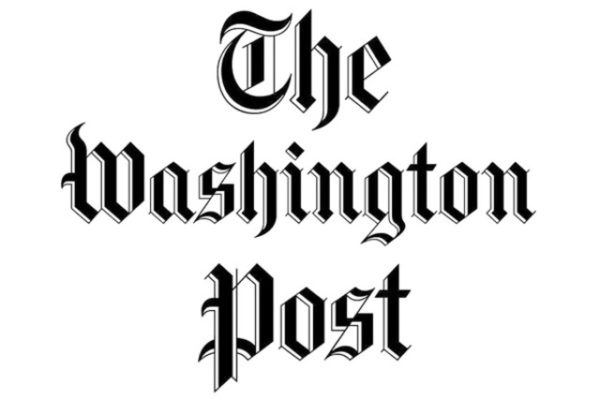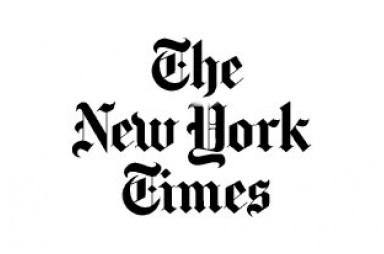Misclassification of Imports
What is Misclassification of Imports Fraud?
A party violates the False Claims Act (FCA) when they fraudulently misrepresent the nature or physical characteristics of imported goods in order to pay a lower duty or tariff rate than actually owed. This violation typically occurs as a misrepresentation on the imported shipment’s bill of lading, which is the document that identifies the goods to Customs and Border Protection (CBP) and allows Customs to determine the duties owed.
“[Misclassification fraud] hurts legitimate U.S. businesses and, by extension, our overall national economy. Uncovering these types of schemes will continue to be a major investigative priority for ICE HSI.” – Nick S. Annan, Special Agent, U.S. Immigration and Customs Enforcement’s Homeland Security Investigations
The classification system used to identify these goods is the Harmonized Tariff Schedule (HTS), which is the code and catalog for all goods in trade for duty, quota, and statistical purposes. The HTS comprises a hierarchical structure where product categories are subdivided into eight-digit, unique U.S. rate lines and ten-digit, non-legal statistical reporting categories. Thus, by falsifying the description of goods and the corresponding HTS code on the bill of lading, fraudsters can pay whatever tariff they prefer – not the tariff they owe.
Misclassification of Imports: Subject to Antidumping and Countervailing Duties
Similar to other goods, items subject to antidumping and countervailing duty (AD/CVD) orders are subjected to AD/CV duties based on the type of product and thus its description and HTS code. Misclassifying the description and HTS code allows smugglers to import goods subject to AD/CVD without paying the applicable duties and thereby flout the fair trade principles implicated by AD/CVD orders. Because the AD/CVD rates can be over 300% of the value of the goods – to counterbalance unfair government subsidies abroad – the incentives and consequences of misclassifying imports subject to AD/CV duties are equally high. This high incentive to cheat the system and gain an unfair advantage over competitors who do pay AD/CV duties leads to an amplification of misclassification fraud in the AD/CVD context.
“The Department of Justice will zealously pursue those who seek an unfair advantage in U.S. markets by evading the duties owed on goods imported into this country.” – Benjamin C. Mizer, Principal Deputy Assistant Attorney
An example of misclassification fraud is the recent settlement achieved by Frohsin Barger & Walthall on behalf of client Graphite Electrode Solutions, a case that also demonstrates that a relatively small difference in product that can result in a big difference in AD duties. In that case, the specific AD order only covered “small-diameter” graphite electrodes, meaning less than 16 inches in diameter. The defendant, deceptively named Ameri-Source, imported small-diameter electrodes from China, which were subject to the AD order, but labeled them on multiple bills of lading as “large-diameter” electrodes, which were not subject to the AD order. By misclassifying the merchandise as products not subject to the antidumping order, the defendant evaded the 160% AD duty on the goods. Ultimately, the defendant pled guilty to two felony counts of smuggling and paid a $3,000,000 settlement to resolve the misclassification of imports scheme.
“Frohsin Barger & Walthall Wins $3 Million Antidumping Duties Misclassification Settlement”
Frohsin Barger & Walthall Represents Whistleblowers Nationwide.
Frohsin Barger & Walthall investigates and litigates qui tam actions on behalf of whistleblowers in federal and state actions across the country. Our representation includes evaluating, investigating, and filing qui tam actions, as well as assisting prosecutors and investigative agents in pursuing cases and reaching settlements, with a high percentage of our cases resulting in government intervention. We have sealed cases in multiple states across the country and regularly travel to meet with United States Attorney’s offices, State Attorney General Offices, and United States Department of Justice attorneys in Washington, DC.
The False Claims Act Offers Protection and Rewards for Whistleblowers.
Blowing the whistle on corporate fraud takes courage, and the law rewards that courage with certain protections. We understand that one of the most important aspects of representing corporate whistleblowers is guiding and protecting them through the difficult, stressful process of litigation. The False Claims Act (FCA) provides for a whistleblower’s case to be filed under seal and the identity of the whistleblower to be protected during the course of the government’s investigation. Further, federal laws protect against retaliation by mandating the reinstatement of wrongfully fired employees at the same seniority level, as well as an award of double back-pay, interest, and attorneys’ fees. Finally, successful whistleblowers are entitled to up to 30% of any FCA recovery, which Congress has mandated is three times the amount of fraud that is proved through the whistleblower’s allegations plus substantial civil penalties.
A significant characteristic of customs fraud qui tam cases is that companies that are competitors of entities engaged in AD/CVD fraud often have valuable insider information regarding their competitor’s fraudulent schemes and have served as relators. Additionally, current and former employees of companies committing customs fraud have served as relators in successful import qui tam cases.
Frohsin Barger & Walthall whistleblower cases have been featured in the following media outlets, among others:
Click on the media outlet logo to read the featured story.




